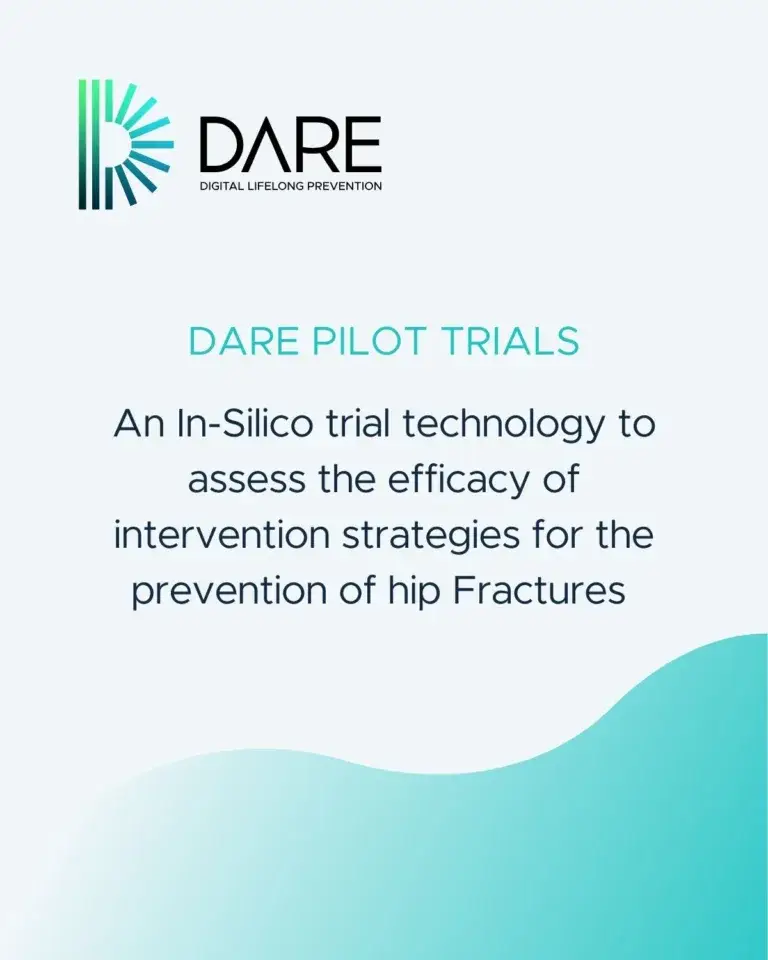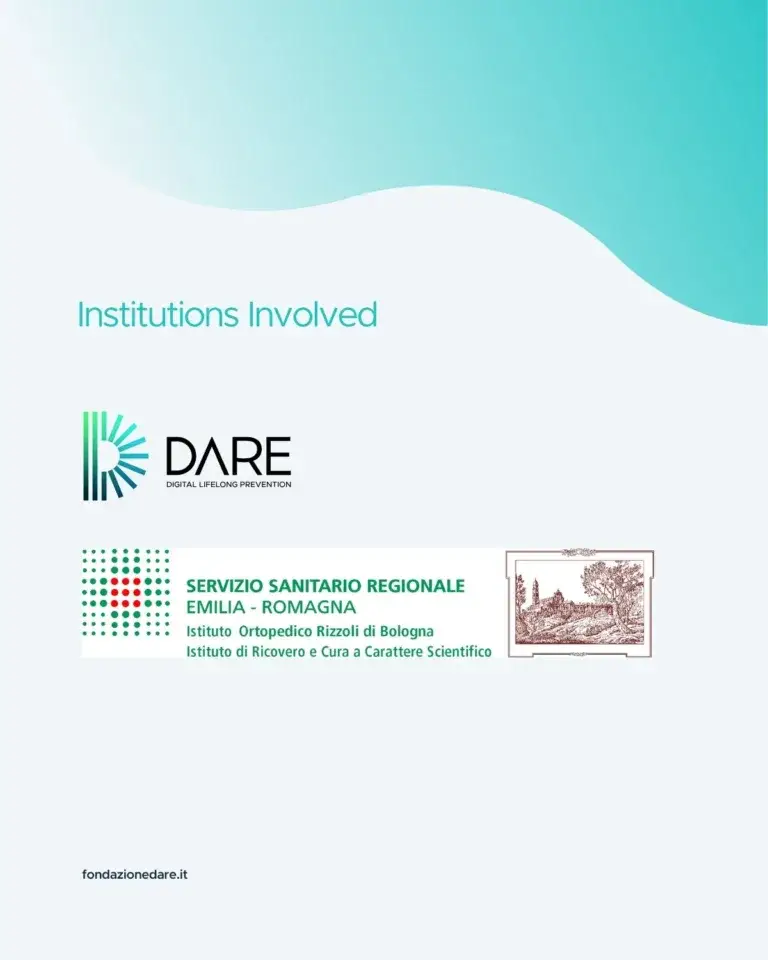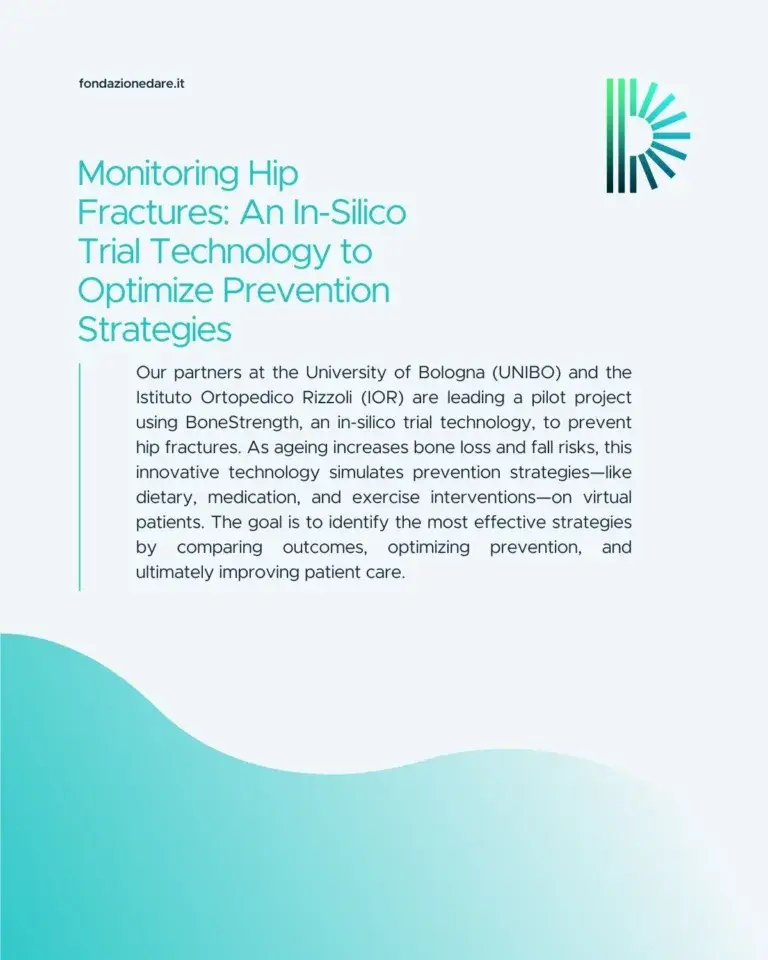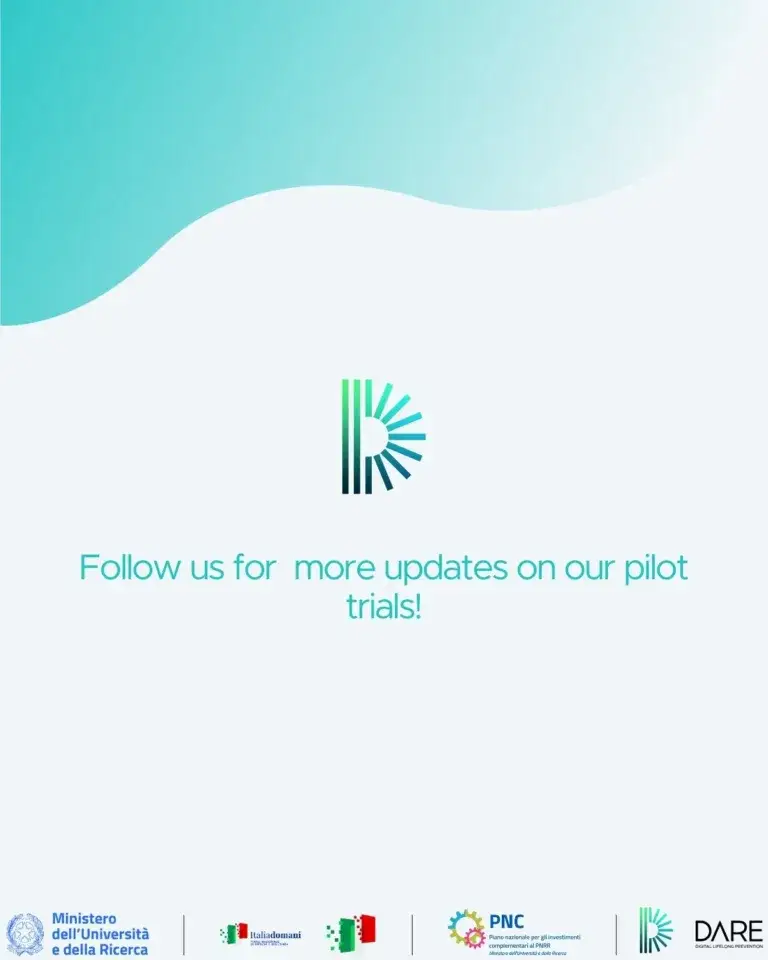
As we age, our bones naturally lose density and strength, increasing the risk of fractures, particularly in vulnerable areas like the hip. Hip fractures are a serious concern for older adults, often caused by a combination of bone fragility and an increased likelihood of falling. This has led researchers to focus on two main strategies for prevention: reducing bone loss and preventing falls.




While bone loss has been a common target for prevention strategies—using interventions like dietary supplements, medication, or exercise—there is growing evidence that preventing falls might actually be a more effective strategy for some individuals. Environmental interventions (e.g. removing fall hazards) and tailored exercise programs have the potential to significantly reduce fall risks, especially in certain populations.
To better understand and optimize these prevention strategies, a new tool called BoneStrength has been developed by the In Silico Medicine research group of Prof Marco Viceconti at the University of Bologna in collaboration with Rizzoli Orthopaedic Institute. This In Silico trial technology simulates the effects of different interventions on virtual patients, allowing researchers to test various strategies in a controlled, computer-based environment. The ultimate goal is to develop a method that can predict which strategies—whether focused on reducing bone loss or preventing falls—will be most effective in reducing hip fractures in different groups of people.
The pilot project aims to validate BoneStrength by comparing the incidence of hip fractures across multiple prevention strategies, including both bone-strengthening and fall-prevention interventions. By simulating different scenarios using real-world data, the tool will help researchers determine which combination of approaches leads to the lowest fracture rates.
As the population ages, solutions like BoneStrength could be life-changing for improving quality of life and reducing healthcare costs. By providing a way to assess multiple strategies quickly and effectively, this technology could help healthcare providers make better-informed decisions, leading to safer and healthier outcomes for older adults.
Questa ricerca è stata cofinanziata dal Piano Nazionale Complementare PNC-I.1 “Iniziativa di ricerca per le tecnologie e percorsi innovativi in ambito sanitario e assistenziale”, D.D. 931 del 06/06/2022, iniziativa “DARE – Digital lifelong prevention”, codice PNC0000002